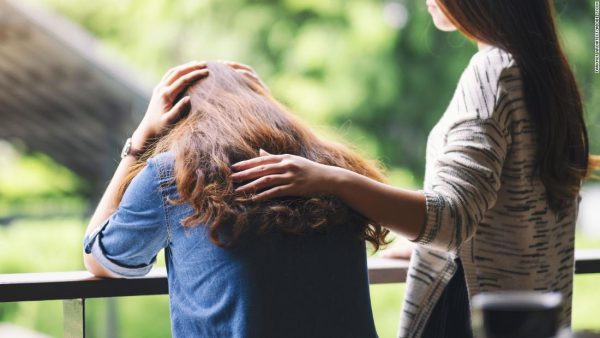In the past two years, communities around the world have faced an unprecedented circumstances due to the Covid-19 pandemic. The high mortality rate at the onset instilled a sense of fear especially in the vulnerable groups. To minimise infection rates whilst vaccines were being developed, governments had to impose draconian lockdowns which most of us have never experienced before.
We had to immediately transition from intensely social behaviours to being greatly isolated. This lack of social interaction for a prolonged period has taken its toll on many people. Those who have had to also deal with sudden deaths of loved ones, loss of jobs and income, and uncertainty of what lies ahead, could experience such sorrow and alarm that their mental states become highly anxious and fearful. A study published by ‘The Lancet Psychiatry’ found one in five people diagnosed with Covid-19 developed some form of mental illness 90 days after being diagnosed.
Now, even as lockdowns and restrictions ease because the majority have received their vaccinations, there are still people who are stressed due to irrational thoughts arising from fear of change, expectations of rejection or continue to suffer from a state of depression due to the pandemic. Many stories have been told of how family and friends still choose to self-isolate themselves entirely and carry very negative outlooks. Some have even taken their own lives as they lose all hope and have no ways of finding support.
This subtle but deadly impact of Covid-19 doesn’t discriminate by age, race or gender; it is far-reaching into the minds of our family, neighbours, co-workers and friends. It is at this time, that we can reach out and help. Make the effort to notice behavioural changes and extend the offer of a listening ear by asking gentle questions. Through our own experience, we can use an appropriate approach to help them understand that there are always ups and downs, gains and loss, praise and blame in life. When we realise and make peace with the reality that situations are always changing and impermanent, we can then find ways to better deal with them.

Just as we need good friends to lift us up when we are down, so too should we offer our comfort to others in the time of need.
We may find ourselves asking “Why should I do this?”; let us instead ask “How can I turn a blind eye?”. If we can deal with these formidable challenges and move forward with hope, it is also our moral duty to help others find the courage to go on. However, we must also have the discretion to assist those in need of more skilled counselling, to seek support on the right platforms. Although, it may remain unknown to us whether these compassionate acts will save lives, it will most certainly provide the comfort that they are not alone and the knowledge that others have concern and care for them.
May all beings be well and happy. Sukhihontu.
 Holistic Education for Integral Human Development
Holistic Education for Integral Human Development